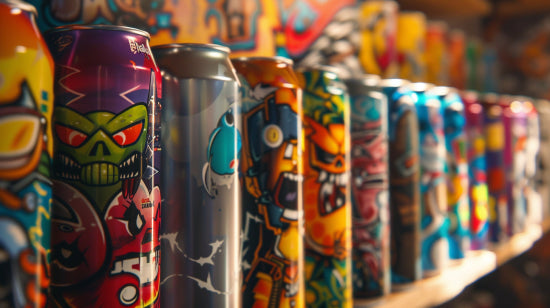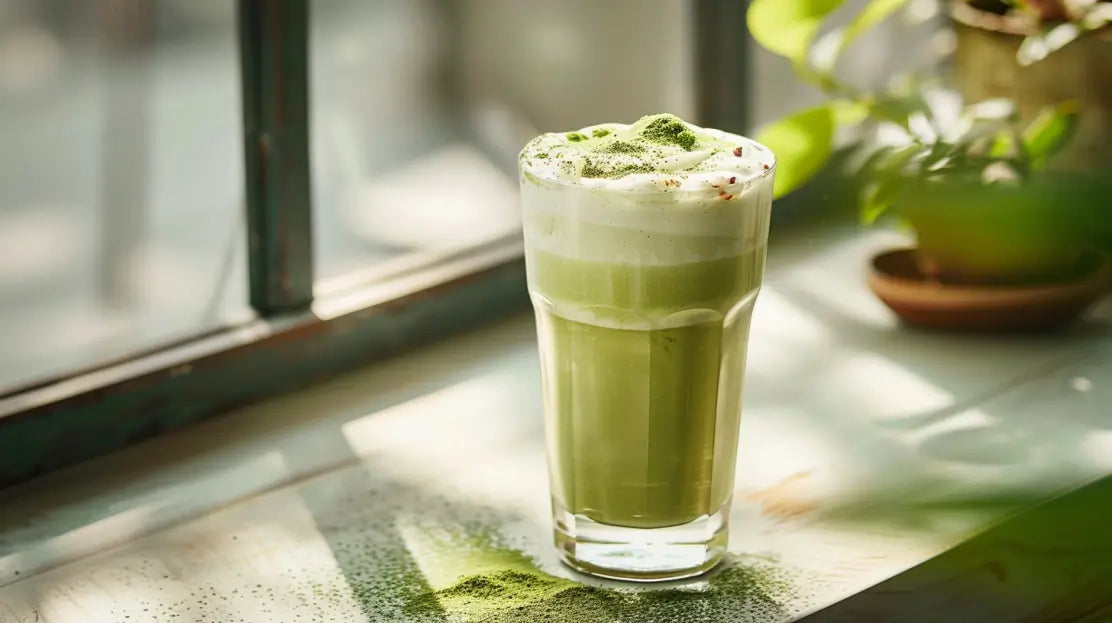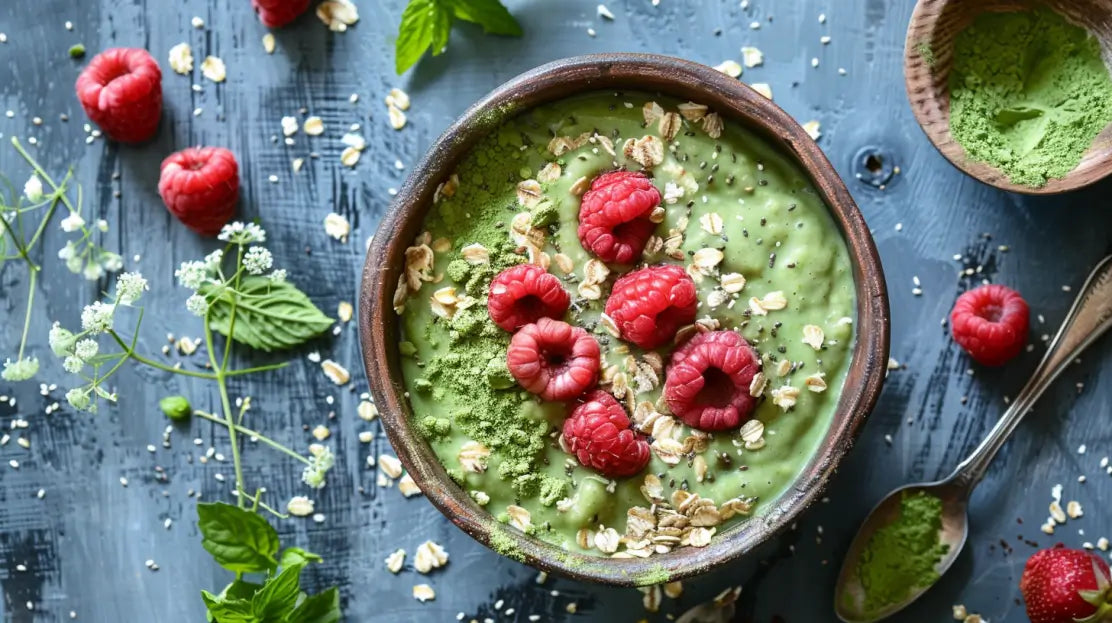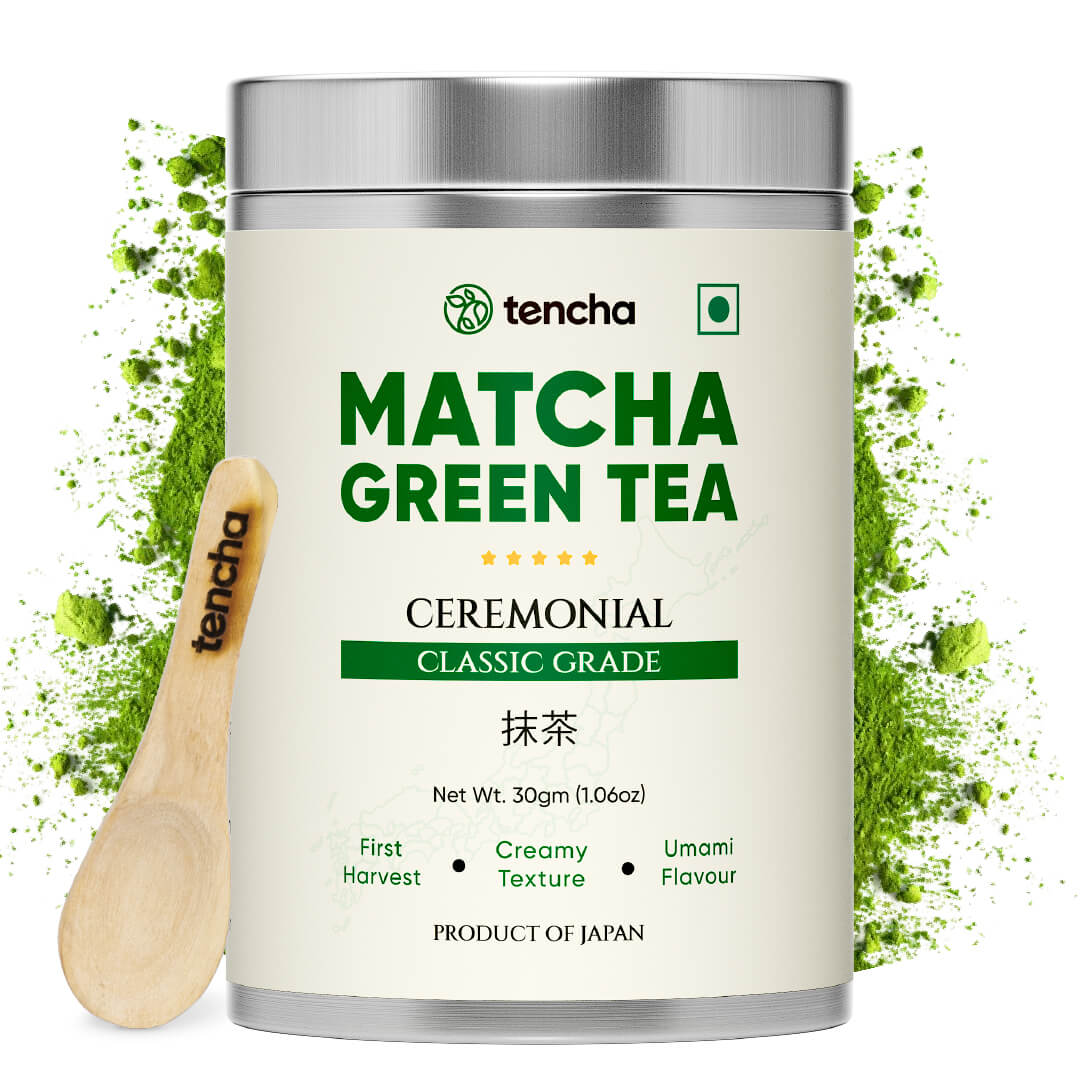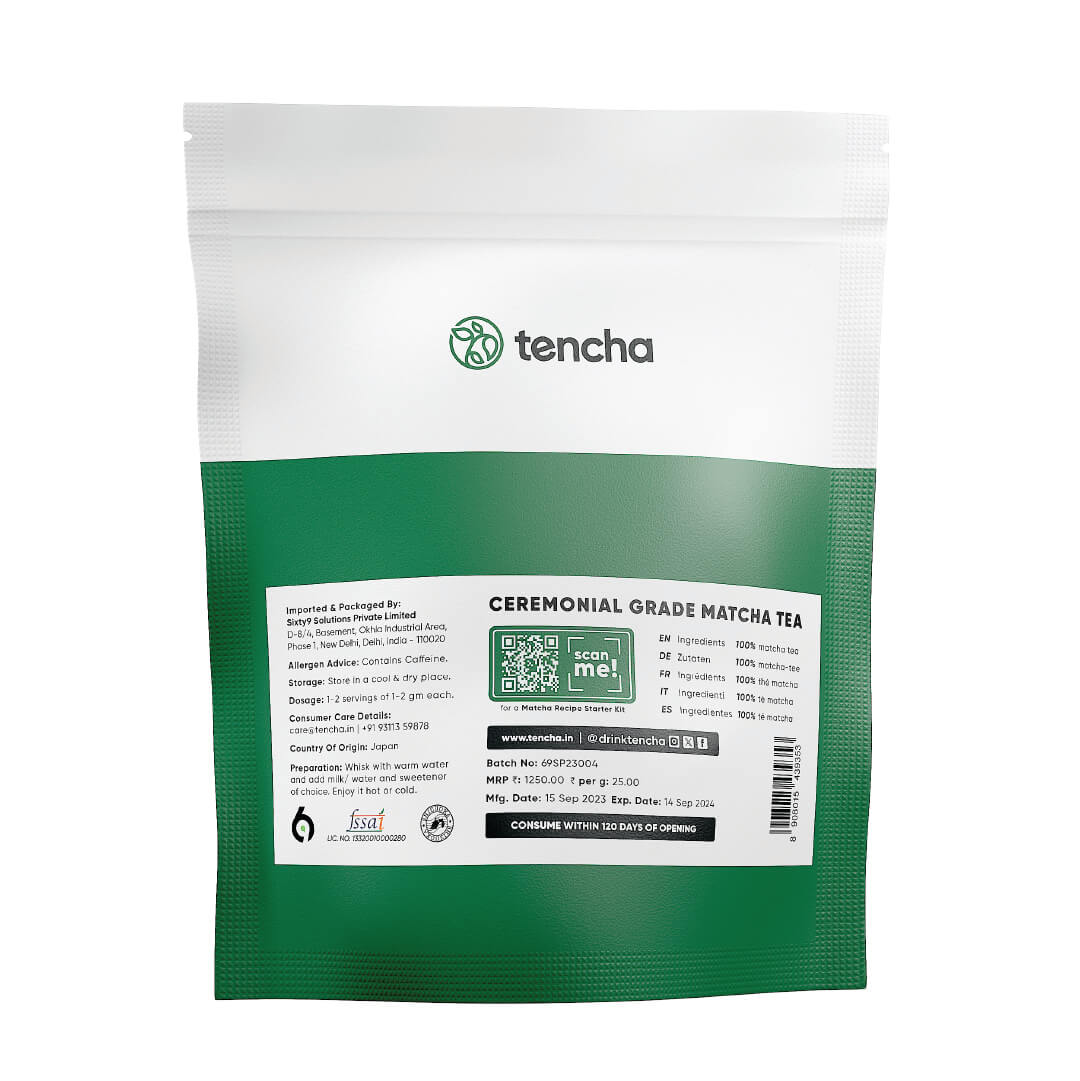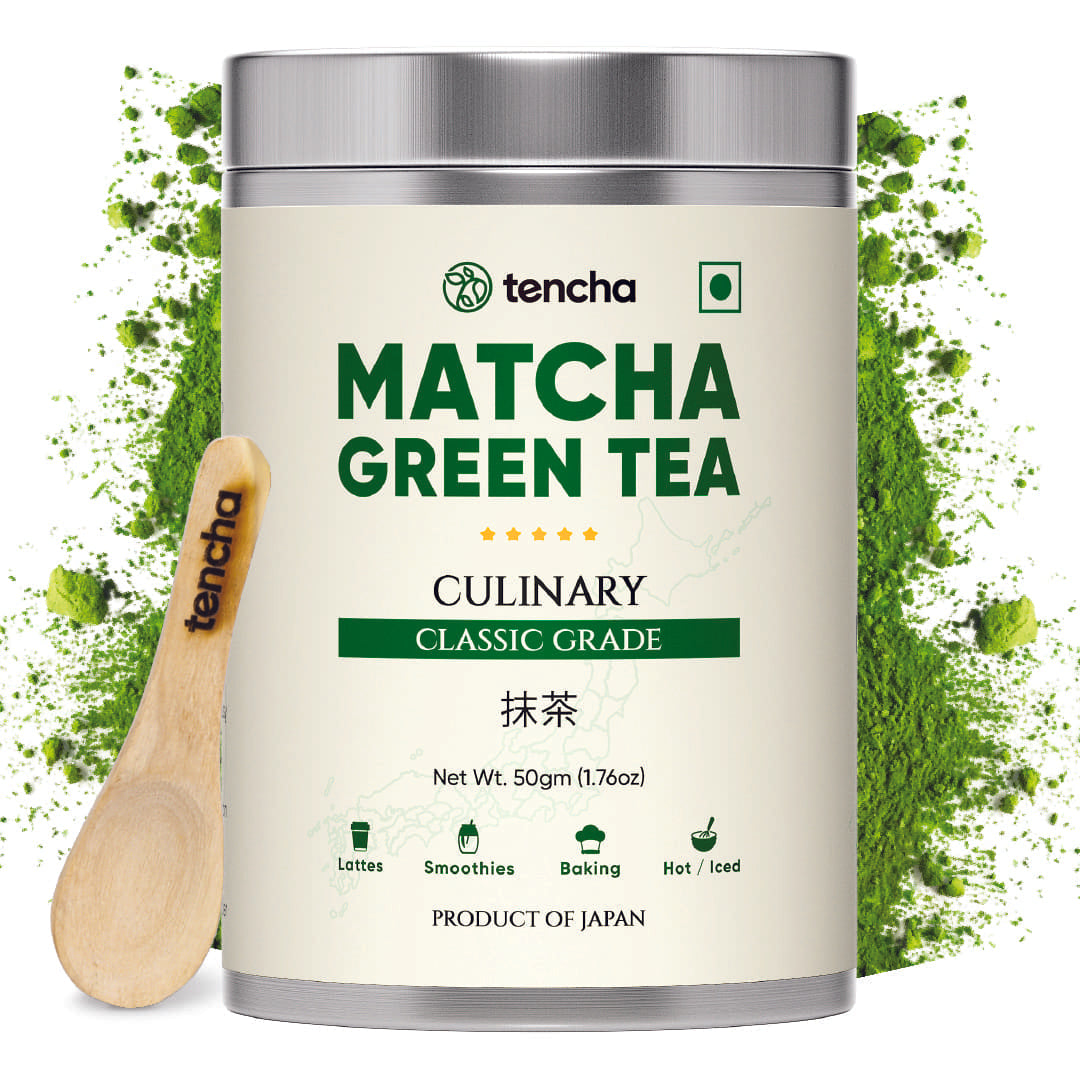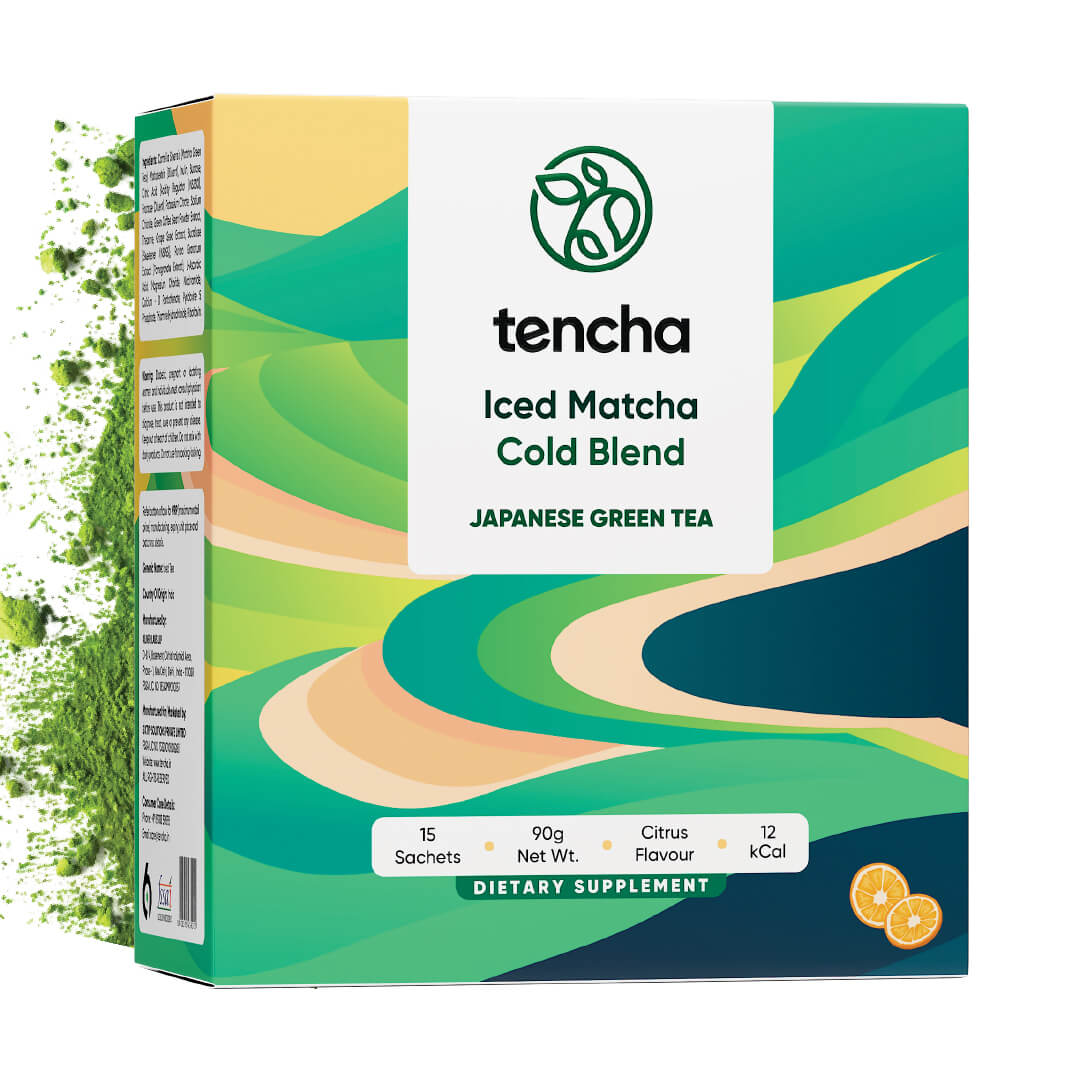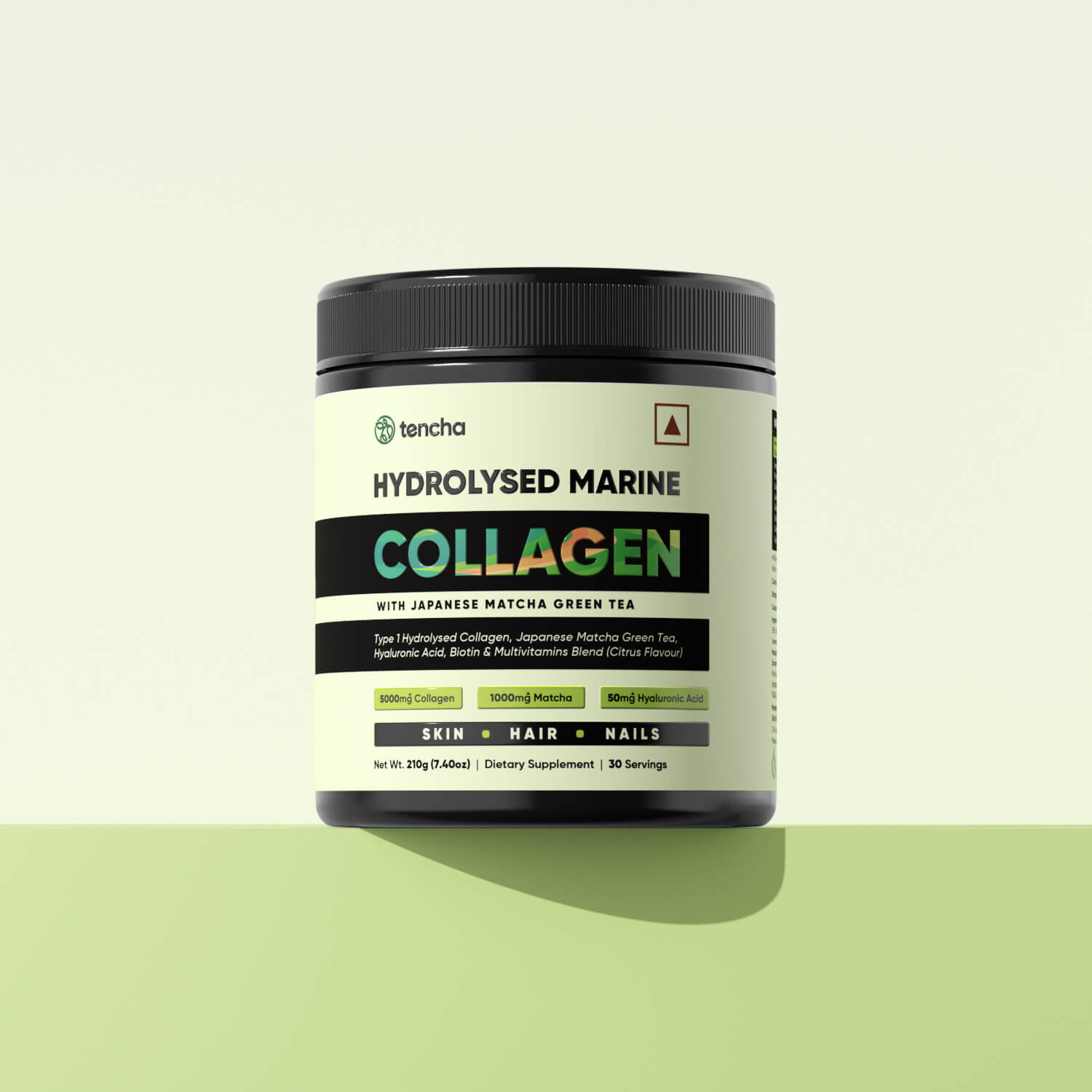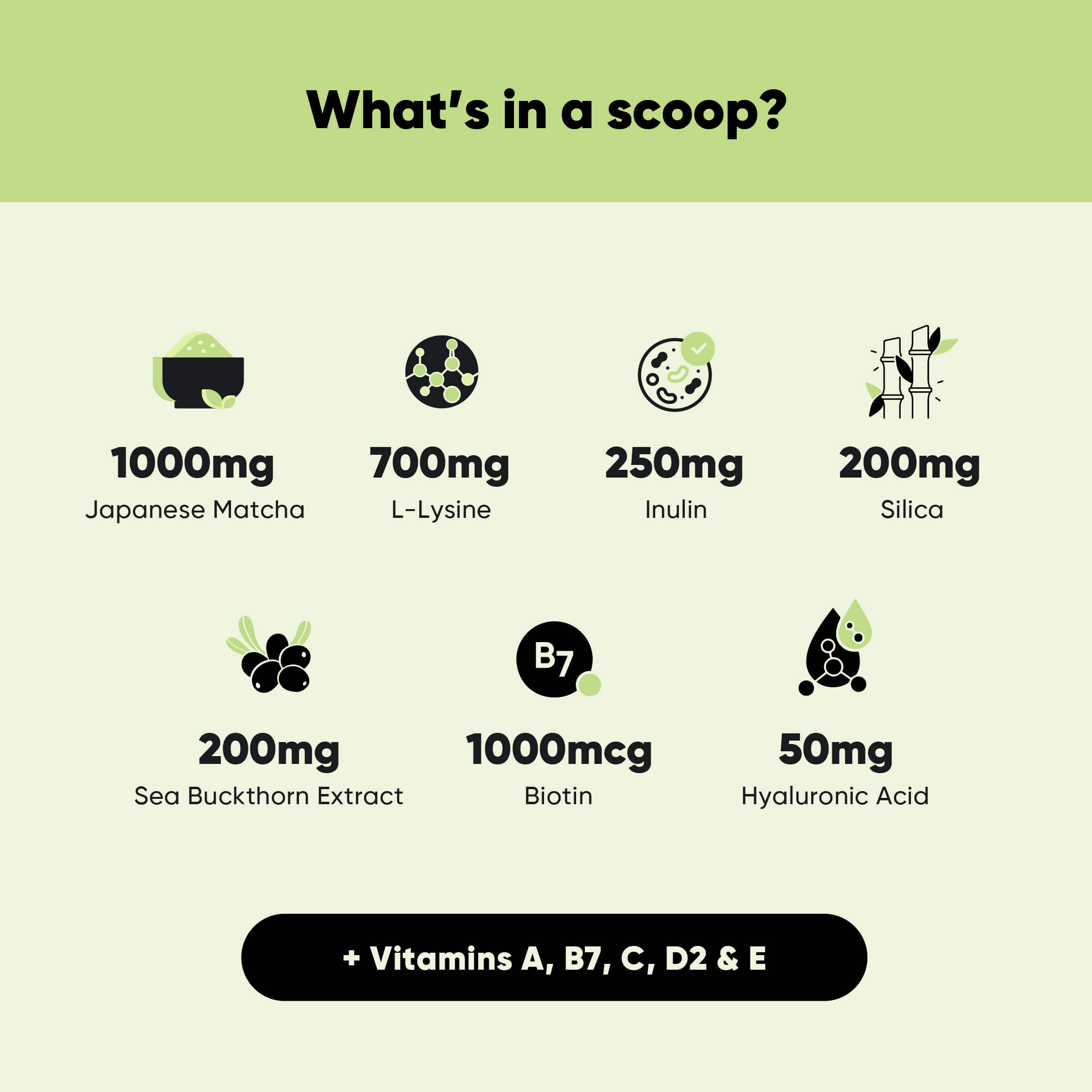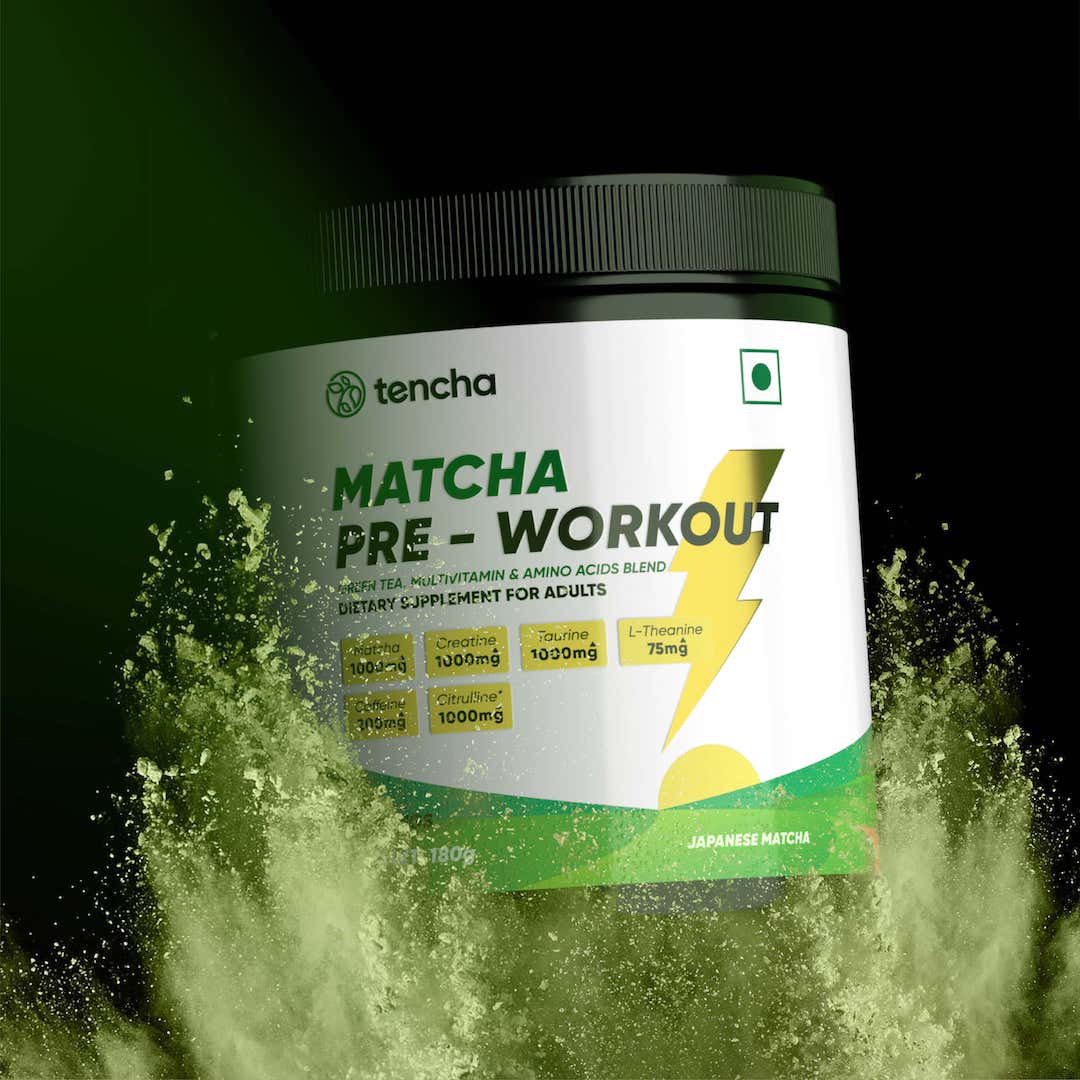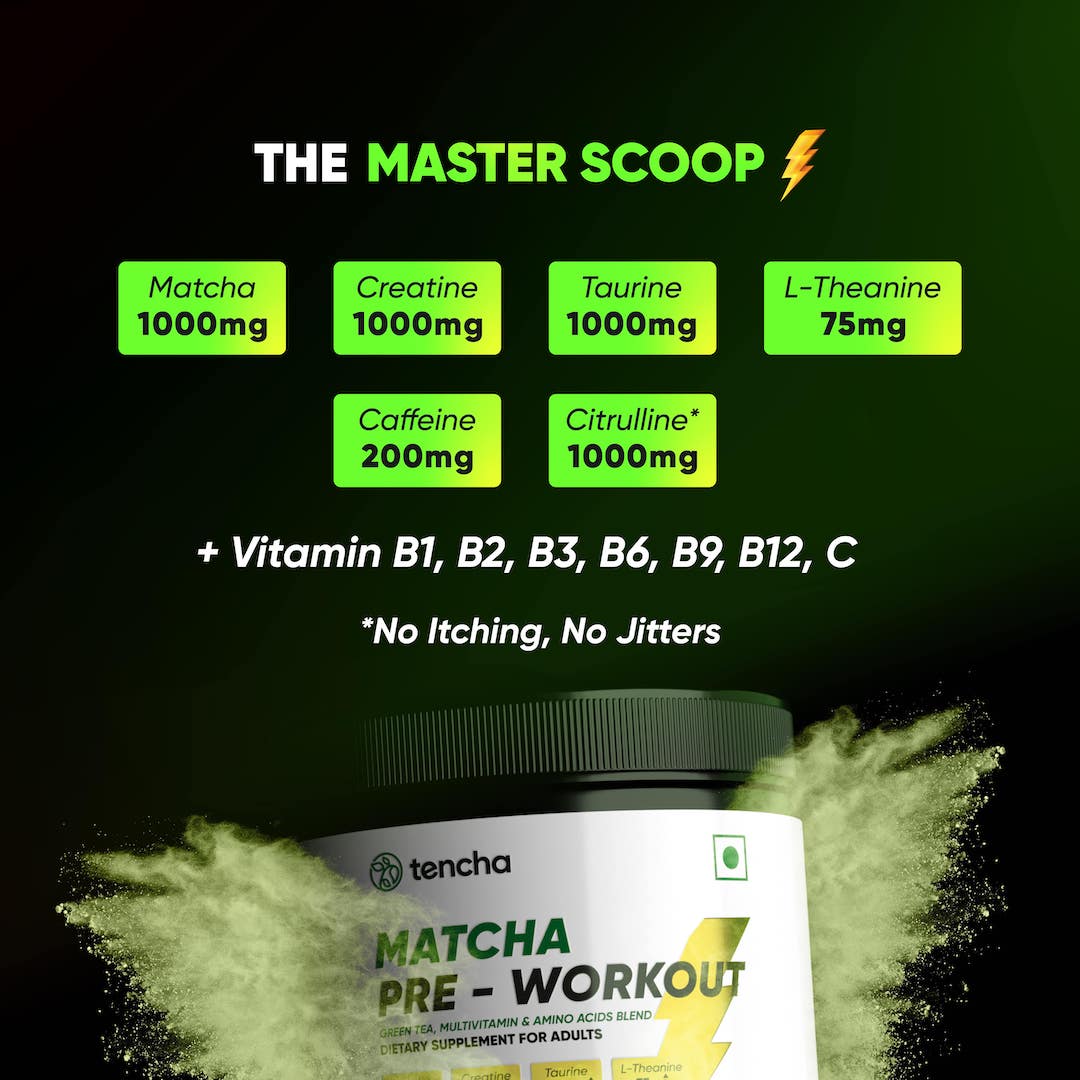Energy drinks are for those who want a quick burst of energy and to keep them going throughout their busy day. If you’re headed to the gym and want an extra boost of energy, a caffeinated energy drink is the best choice.
Does caffeine affect athletic performance?
Whether or not caffeine affects your athletic performance depends on a variety of factors, including how much caffeine you consume, when you consume it, and your individual tolerance to caffeine. Generally speaking, moderate amounts of caffeine consumed before or during exercise can improve athletic performance by increasing alertness, stamina, and power output. However, consuming too much caffeine can lead to jitters, anxiety, and dehydration. It's important to experiment with different levels of caffeine consumption to find what works best for you.
What are the benefits of drinking an energy drink?
Energy drinks are often marketed as a way to improve physical performance. They typically contain caffeine and other ingredients like taurine, and B-vitamins.
Caffeine is a stimulant that can improve alertness, energy, and focus. It’s also been shown to increase physical performance in some people. The other ingredients in energy drinks also have effects on physical performance.
For example, taurine is an amino acid that’s thought to improve athletic performance by increasing endurance and helping muscles recover from exercise.
B-vitamins are essential nutrients that play important roles in metabolism. Some of them (like B6 and B12) are needed for the proper function of the nervous system.
Others (like folate) are important for DNA synthesis and cell growth.
Energy drinks typically contain high levels of B-vitamins, which might help explain their purported effects on physical performance.

So, if you’re considering using energy drinks to improve your physical performance, there is some evidence to suggest that they might be effective.
An energy drink can help you feel more alert and energetic, which can be helpful before or during a workout.
However, it's important to choose an energy drink that is low in sugar and calories, and contains healthy ingredients like caffeine, protein, and vitamins. Some energy drinks also contain supplements that claim to improve energy levels or increase stamina.
So What's Your Take?
Overall, energy drinks can be helpful if you are struggling to have enough energy to power through a workout.
However, it is important to consider the downsides of energy drinks before consuming them on a regular basis.
Energy drinks can have side effects, such as anxiety and increased heart rate, so it’s important to read the ingredient list and consult with a healthcare professional before consuming them.

